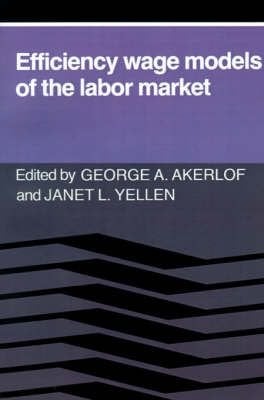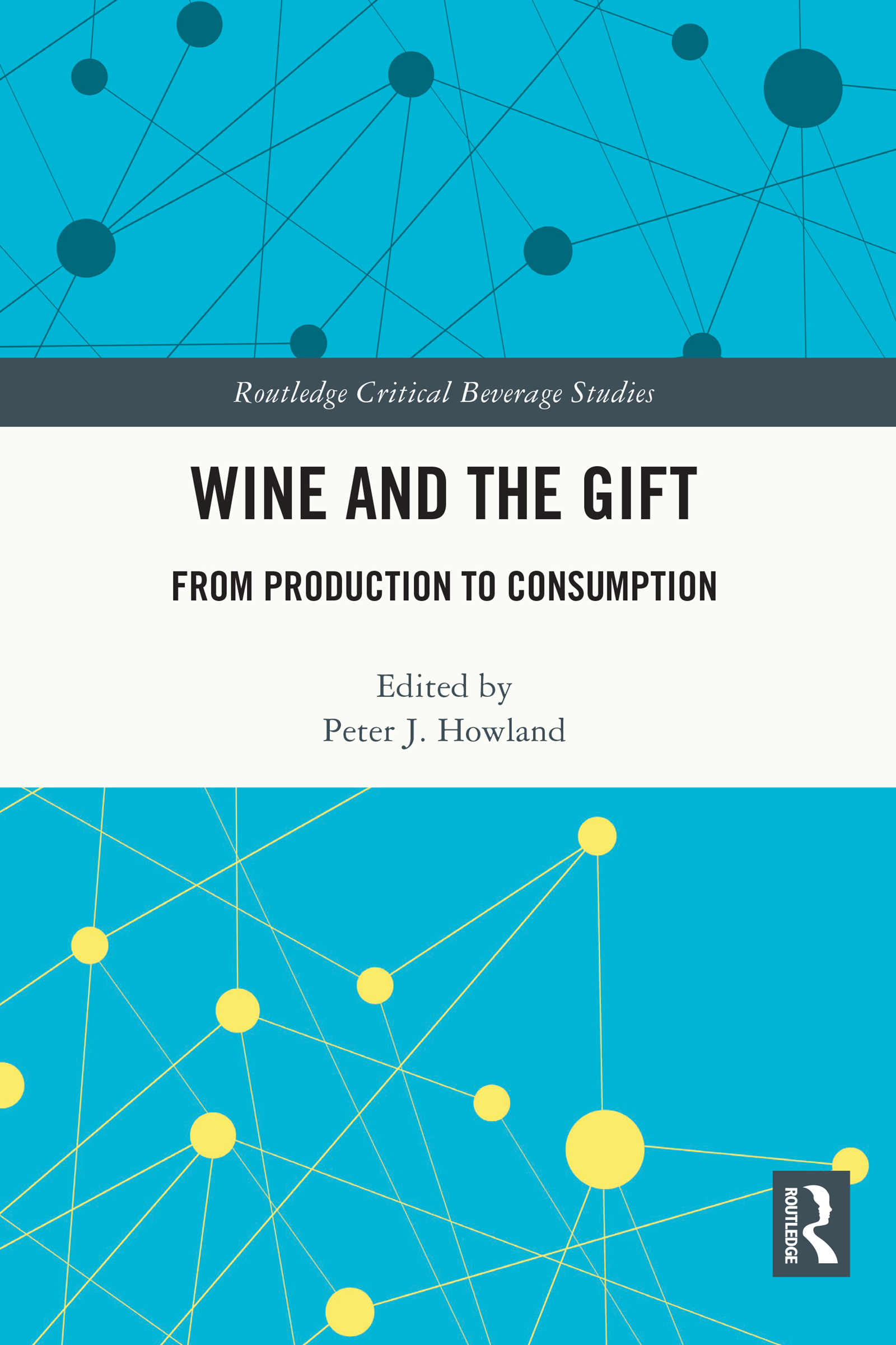One of the more troubling aspects of the ferment in macroeconomics that followed the demise of the Keynesian dominance in the late 1960s has been the inability of many of the new ideas to account for unemployment remains unexplained because equilibrium in most economic models occurs with supply equal to demand: if this equality holds in the labor market, there is no involuntary unemployment. Efficiency Wage Models of the Labor Market explores the reasons why there are labor market equilibria with employers preferring to pay wages in excess of the market-clearing wage and thereby explains involuntary unemployment. This volume brings together a number of the important articles on efficiency wage theory. The collection is preceded by a strong, integrative introduction, written by the editors, in which the hypothesis is set out and the variations, as described in subsequent chapters, are discussed.












